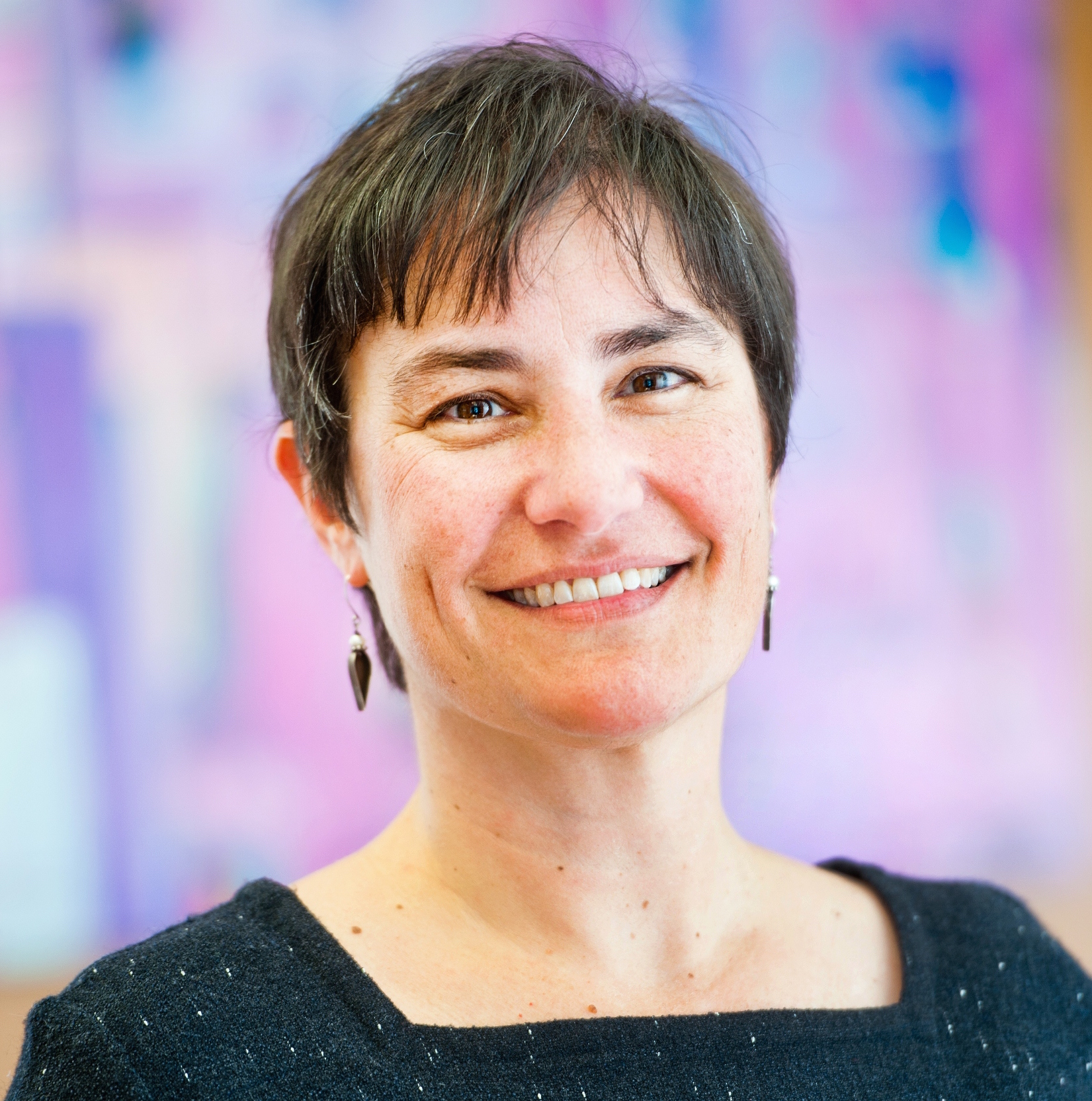A new interpretation of the story of Lot’s wife: that bearing witness provokes her transformation into the pillar of salt. The question remains: How can we act with compassion and bear witness without becoming paralyzed or fixed?
מוֹדֶה אֲנִי לְפָנֶיךָ, מֶלֶךְ חַי וְקַיָּם, שֶׁהֶחֱזַרְתָּ בִּי נִשְׁמָתִי בְּחֶמְלָה , רַבָּה אֱמוּנָתֵך
Modeh ani lefanekha ruakh hai vekayam shehekhezarta bi nishmati bekhemlah Rabbah emunatekha.
What is this verse, where does it come from, what does it mean, why might I incorporate it into a daily practice?
What is it?
Modeh ani (in the feminine, modah ani) is a prayer of gratefulness from Jewish morning liturgy. Some people say it upon waking up, and it is incorporated into the first part of morning services in most prayer books.
What does it mean?
Artscroll (Orthodox)
“I gratefully thank You, O living and eternal King, for You have returned my soul within me with compassion—abundant is Your faithfulness!”
Siddur Lev Shalem (Conservative)
“I thank You, living and eternal sovereign, for Your kindness in returning my soul. How great is Your faithfulness.”
Mishkan Tefilah (Reform)
“I offer thanks to You, ever-living Sovereign, that You have restored my soul to me in mercy. How great is Your trust.”
Kol Haneshamah (Reconstructionist)
“I give thanks before you, Sovereign who lives and who endures, because you have renewed my breath of life, with providential kindness. How abundant is your faithful care!”
Hadesh Yameinu
“I am grateful to you, Source of all that lives and exists, for restoring my soul with compassion. Great is your faithfulness.”
Shefa Gold
“I gratefully acknowledge Your Face; Spirit lives and endures; You return my soul to me with compassion; How great is your faith in me!”
What does it mean to me?
I chant this blessing every morning, using a wonderful app by Shefa Gold called “Flavors of Gratitude.” My partner recently asked me how I translated it, which forced me to think a lot about my theology.
A Short Introduction to Having a Personal Relationship with a Non-Personal GodDrawn from my inauguration talk, October 2014
I am religious, even though I have so many opportunities not to be, because being religious invites, even requires me to ask ultimate questions. Why are we, all of us, here? Why am I here? What am I supposed to do while I am here? A religious perspective presumes that the answers are more than individual answers. They are moderated and interpreted through community. This is community that is both horizontal—all the people we encounter every day, in real and virtual settings—and vertical—our ancestors—biological and chosen—who came before us, our children—biological and chosen—who will follow. A progressive religious perspective presumes that the community and its answers are constantly evolving—and that these changes can be good, they can be infused with the Divine.
My religious approach embraces rationalism and sets aside supernaturalism (that is, as I am working against oppression, I don’t expect God to intervene to part the Red Sea). At the same time, I draw deeply on a belief in the God as the Source of the Universe, the Ground of Being, after [Reconstructionist founder] Mordecai Kaplan, “the Power that makes for salvation.”
Let me acknowledge that it takes work to embrace the rigorous questioning that a rational approach requires and to presume that we can end with a stance of belief. Reconstructionist Jews choose to believe—in some version of the Divine, in some vision of the Jewish people—because belief affirms a beneficent universe, even as we witness horrors. Belief fuels optimism, even as we struggle in the trenches. We believe our ancestors experienced the Divine at Sinai and recorded what they experienced in the Torah. That recording was tempered by their human limitations, heavily shaped by their social context. We also believe that revelation is continuous. It is our work, as Reconstructionist Jews, to discern revelation and enact the covenant between God and the Jewish people in ways that are meaningful for today’s world. We do this work always remembering our own personal and social limitations.
Here’s my take on being religious in the modern era. We acknowledge our creatureliness, that we are limited and imperfect. At the same time, we acknowledge the immense intelligence and agency that we humans possess. I take to heart the teaching of Rabbi Simcha Bunim of Peschischa. He taught that we should carry two notes in our pockets. One should have the words: “I am but dust and ashes.” The other should say: “For my sake was the world created.” We are co-creators with the Divine; we once were slaves and now are free; we willingly assume the obligation to work for the liberation of others. How we fulfill this obligation will look different for each of us, but for all of us, we can and must make hope and history rhyme.[fn]From Nobel Laureate Seamus Heaney[/fn]
Deborah Waxman
מוֹדֶה אֲנִי לְפָנֶיךָ
“Gratitude creates expansiveness.”
רוח חַי וְקַיָּם
“There is an abiding Spirit that undergirds and animates the universe.”
שֶׁהֶחֱזַרְתָּ בִּי נִשְׁמָתִי בְּחֶמְלָה
“Every morning I wake up is a gift.”
רַבָּה אֱמוּנָתֵך
“The reality that the universe is greater than we can possibly understand—whether or not we acknowledge it—orients us toward abundance.”
“I am grateful, Source of Life, for another day and for the possibility of abundance.”
Questions
1. How might you translate this blessing?
2. If this liturgy doesn’t resonate with you, is there language that helps you formulate a gratitude practice?







